Rural people from the developing countries derive a substantial portion of their income and products for their basic health care needs from medicinal plants gathered from the nature. Medicinal Plants based drug industries and enterprises which run into thousands, presently source more than 85 percent of their raw materials from the wild. In this era of the globalization of economy and knowledge systems, the fate of the medicinal plants is being determined as never before. Furthermore, the rapid rates of extinction of medicinal plant species combined with the rapid loss of indigenous knowledge systems have deep potential consequences on human health.
India is also known to harbor a rich diversity of plant species (about 17,000 species) of which 7,500 are medicinal plants. The Himalaya sustains a great diversity of medicinal plants. The village people have their own diverse system of health management while most of the common ailments were cured in the house by home remedies, which included many spices and condiments like Pepper, Ginger, Turmeric, Cumin, Amla, Tamarind, Basil etc. In India, there are lots of potential among rural people about the health care through their indigenous knowledge of medicinal plants and knowledge transferred by their ancestors. The book attempts to bridge the gaps in existing system and sustainable pattern of cultivation, marketing and policy issues related to medicinal plants.
ABOUT THE AUTHOR M S Panwar
Dr. M.S. Panwar is currently Senior Faculty in Department of Geography, H.N.B. Garhwal University, Srinagar (Garhwal), Uttarakhand. His area of research is Natural Resource Management, GIS and Remote Sensing, Micro Level Planning, Watershed Development and Environmental Stadies. Dr. Panwar is author of 26 research papers and two books and supervised 14 Ph.D. students. He has been the Principal Investigator of three major research projects funded by UGC, DST and U-COST.
ABOUT THE AUTHOR R B Singh
R.B. Singh is Senior Faculty and Deputy Coordinator, UGC-DRS Programme, Department of Geography, Delhi School of Economics, University of Delhi. Apart from being the Vice Chair of Steering Committee of the IGU Commission on Biogeography and Biodiversity, he is presently the member of the IUGG-IGU National Committee of INSA and Secretary General, NAGI. He has to his Credit 34 Books and about 160 Research papers. He has also presented papers in international seminars in more than 30 Countries on issues related to emerging frontiers of Geography like disaster management, GIS, remote sensing, Environmental studies, Climatic variability and Urban and regional development. The UNESCO/ISSC (Paris) awarded him 1998 Research and Study Grants Award in Social and Human Sciences.
ABOUT THE AUTHOR S K Sharma
S.K. Sharma, M.A. (History), M.A. (Political Science), L.L.B., Ph.D. (London), taught Political Science to under-graduate and post-graduate students for three decades and retired as Head of the Department of Political Science, Meerut College, Meerut. Author of about fifty research papers Dr. Sharma guided Ph.D. research and attended numerous seminars in India and abroad. He obtained Ph.D. degree from London University on his now published work on Harold Laski.

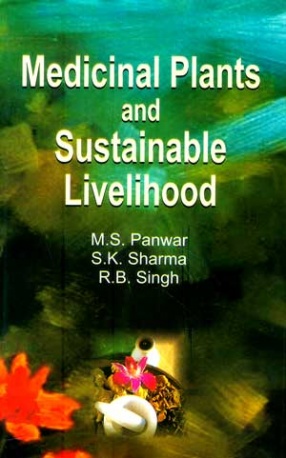
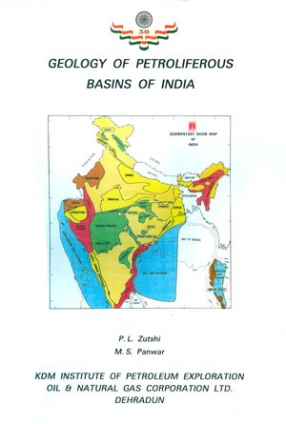


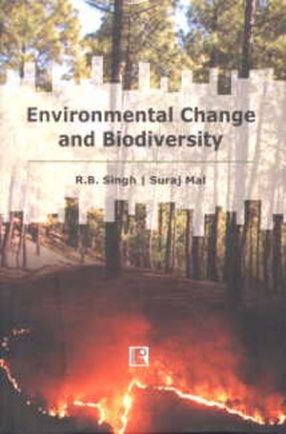
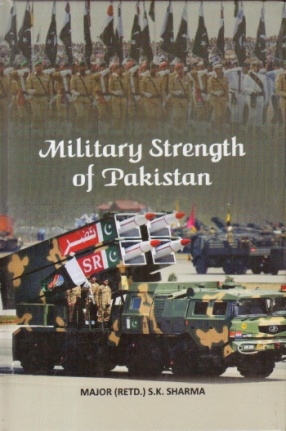

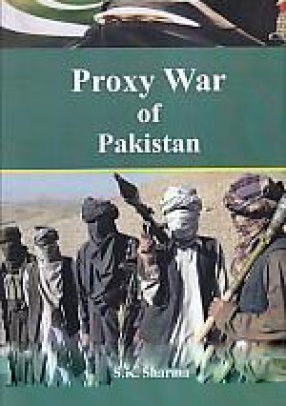



There are no reviews yet.